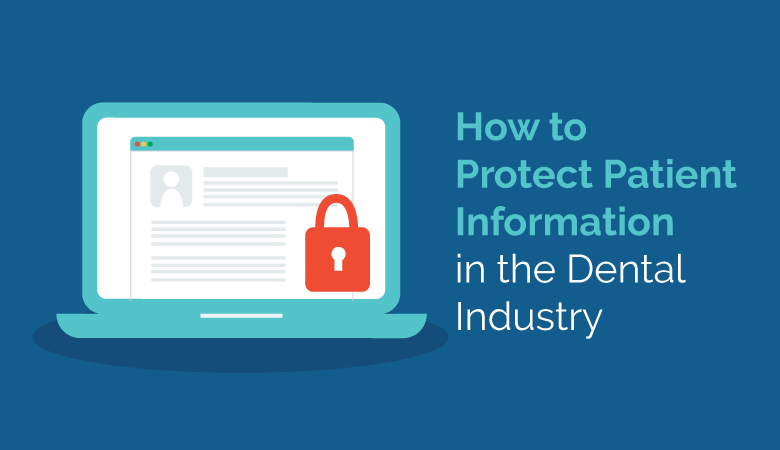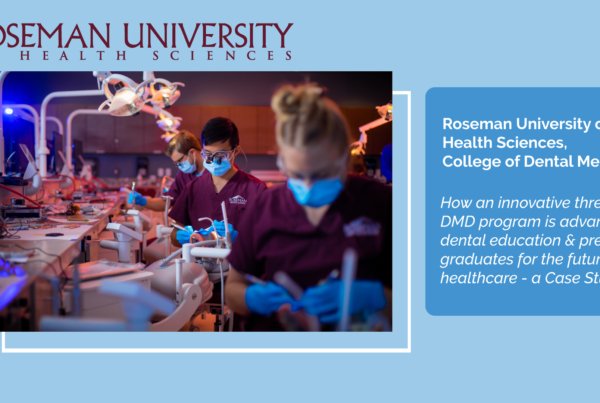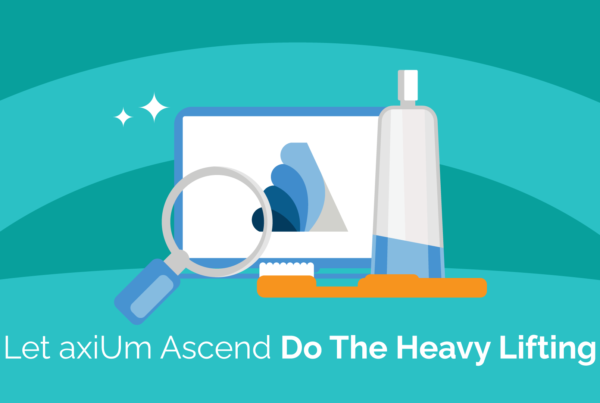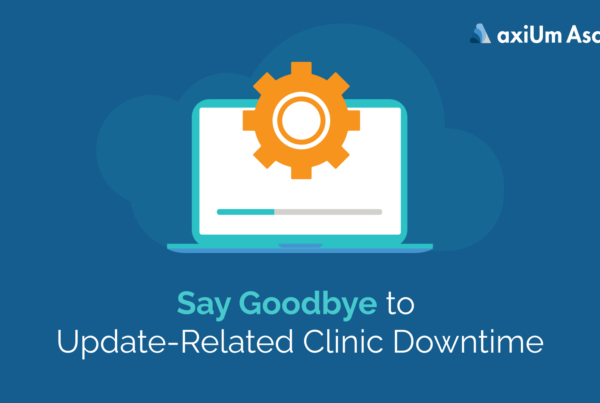Students in dental hygiene schools are taught the importance of protecting the patient early on. Preventive and mitigative measures for health concerns and how the health of the rest of the body directly correlates with the state of the mouth are critical lessons taught in dental hygiene education. With more schools utilizing cloud-based academic dental software, however, students are learning more about important factors in modern healthcare like patient confidentiality, security awareness and protected health information.
According to the North America Dental Practice Management Software Market 2018-2024 report, the market is anticipated to grow tremendously by 2024. This growth means that understanding how to protect patient information is a critical factor that needs to be ingrained in the minds of students and practitioners in the dental industry alike.
To protect patient information, let’s take a closer look at how organizations can prevent unauthorized access to patient records and data while utilizing cloud-based dental software and better understand the regulatory requirements that apply to the dental industry.
Why is it essential to protect patient information?
Patients rely on their care providers to keep their data private. In today’s world, data usage is what makes the healthcare industry go around, and patient trust and transparency are essential for getting accurate data that facilitate reliable, meaningful conclusions and outcomes.
As detailed in “Beyond the HIPAA Privacy Rule: Enhancing Privacy, Improving Health Through Research,” showing patients that you take data privacy and protection seriously can ensure trust and streamline a better relationship between the practitioner and patient. Not only does this improve lines of communication, but it can also lead to improved care quality, enhanced autonomy and reduced likelihood of embarrassing and discriminatory situations.
What are the regulatory requirements and standards?
Dental hygiene providers are expected to follow fundamental dental ethics principles, as well as general health standards for processing and accessing healthcare information via electronic records and digital processes. These steps are imperative to keeping patient information private across the dental industry and beyond. The most important regulations to maintain confidentiality in the dental industry include the American Dental Association’s Principles of Ethics and Code of Professional Conduct and the Health Insurance Portability and Accountability Act.
The ADA Code consists of three main areas for professionals to use as guidance for ethics and professional conduct to ensure patient privacy:
- The Principles of Ethics, which include dental patient autonomy, nonmaleficence, beneficence, justice and veracity.
- The Code of Professional Conduct is a product of the ADA’s legislation stating what type of conduct is required or prohibited by dental professionals.
- The Advisory Opinionsarealways changing based on the on-going dialogue between dental professionals and society. These focus on using ethics to solve issues based on patient wants and needs.
HIPAA is explicitly designed to provide patients with confidentiality and security of protected health information. According to the U.S. Department of Health and Human Services, the Standards for Privacy of Individually Identifiable Health Information, or the “Privacy Rule,” was created to assure a steady collection of data to provide the highest quality care while also protecting the information and well-being of patients. This rule “protects all individually identifiable health information held or transmitted by a covered entity or its business associate, in any form or media, whether electronic, paper or oral.”
The consequences of breaching confidentiality involve bringing the issues to the surface at a state or local level to start, according to the ADA. If the proper resolution is not reached, an investigation may take place and amount to formal charges. Generally, a dental professional ADA member who is found guilty of unethical conduct may be suspended or expelled from the association.
How axiUm Ascend takes the security of the patient seriously
While many organizations may be intimidated by a cloud-based solution, and concerned about potential safety issues regarding patient data, cloud-based dental hygiene software can improve the security of private health information.
A cloud-based solution means your electronic records are placed in regulated data centers specifically designed to store sensitive information. Instead of storing healthcare data on a server-based solution in your office that anyone could get their hands on, you must verify your identity to access the cloud. With this type of control, you can easily safeguard sensitive information from unauthorized students or staff members. Even with the flexibility of accessing patient data from anywhere you choose, proper security measures are put in place to ensure off-campus protection.
Your dental hygiene institution is in control of vulnerable, private patient information. To ensure the utmost privacy, we suggest a cloud-based software solution like axiUm Ascend. With this option, you can gain peace of mind knowing that all of your patient data is stored in a highly secure data center that’s appropriately protected by high-class technology and protocols continuously monitored by security experts.
We take security very seriously, and with axiUm Ascend, you can too. Download our whitepaper, “Keeping Patient Information Safe and Secure in the cloud” today or contact us directly to learn more.
Sources:
https://www.exansoftware.com/ascend/
https://www.graphicalresearch.com/request/1077/sample
https://www.exansoftware.com/wp-content/uploads/2019/04/axiUm-Ascend-Security-White-Paper-v2.pdf
https://connectedworld.com/five-reasons-why-patient-data-privacy-and-control-is-so-important/
https://www.ncbi.nlm.nih.gov/books/NBK9579/
https://www.hhs.gov/hipaa/for-professionals/privacy/laws-regulations/index.html
https://www.ada.org/en/about-the-ada/principles-of-ethics-code-of-professional-conduct





